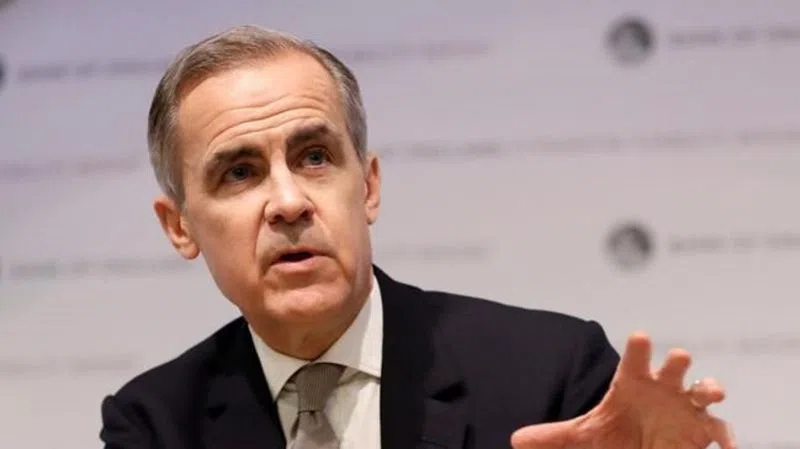
Bank of England keeps main interest rate unchanged at 0.75%
LONDON — The Bank of England on Thursday opted against cutting interest rates after a run of fairly firm economic data in the past week eased fears about a dramatic slowdown in the British economy.
The bank said in a statement that its Monetary Policy Committee voted 7-2 to keep the key U.K. interest rate unchanged at 0.75%. That’s the same composition as in the previous decision in December.
The decision, which comes a day before the U.K. leaves the European Union, marks the final time that Mark Carney will be at the helm at the bank. He leaves in March, to be replaced by former deputy governor Andrew Bailey.
Whether interest rates move in the coming months – up or down – will hinge on whether the recent upturn in the survey data, largely credited to the easing in Brexit uncertainty following the convincing election win of Boris Johnson’s Conservative Party in the December general election, translates into an improvement in the hard figures.
